Have you ever wondered if cats grieve? It might be surprising to learn that our feline friends can experience deep emotional responses to changes in their environment, particularly the loss of a companion. Just like humans, cats can feel sorrow, confusion, and even depression. But how can you tell if your cat is grieving, especially when they often mask their feelings? Understanding the subtle signs and knowing how to support them can make a world of difference in their emotional well-being. Dive into this guide to discover how you can be there for your grieving cat, even if you don’t notice it at first.
Recognizing the Subtle Signs of Grief
Cats are masters at hiding their emotions, which makes it challenging to spot signs of grief. However, subtle changes in behavior can be telling indicators. You might notice your cat becoming more withdrawn or sleeping more than usual. They may also lose interest in their favorite toys or activities. Some cats might even become more vocal, expressing their distress through increased meowing. It’s essential to pay attention to these changes, as they can be your cat’s way of communicating their emotional state.
The Importance of Routine
When a cat is grieving, maintaining a consistent routine can provide a sense of stability and security. Cats thrive on predictability, so keeping meal times, playtimes, and bedtime consistent can help them feel more grounded. This routine can act as an anchor, providing comfort and reassurance that not everything in their world has changed. Even small disruptions can add to their stress, so try to keep things as normal as possible.
Providing Comfort through Physical Touch
Physical touch can be incredibly soothing for a grieving cat. Gentle petting, brushing, or simply sitting next to your cat can offer comfort and reassurance. It’s important to observe your cat’s cues to ensure that they are receptive to touch. Some cats may seek more affection, while others might prefer to be left alone. Always respect their boundaries and offer touch as a comforting option rather than a necessity.
Creating a Safe Space
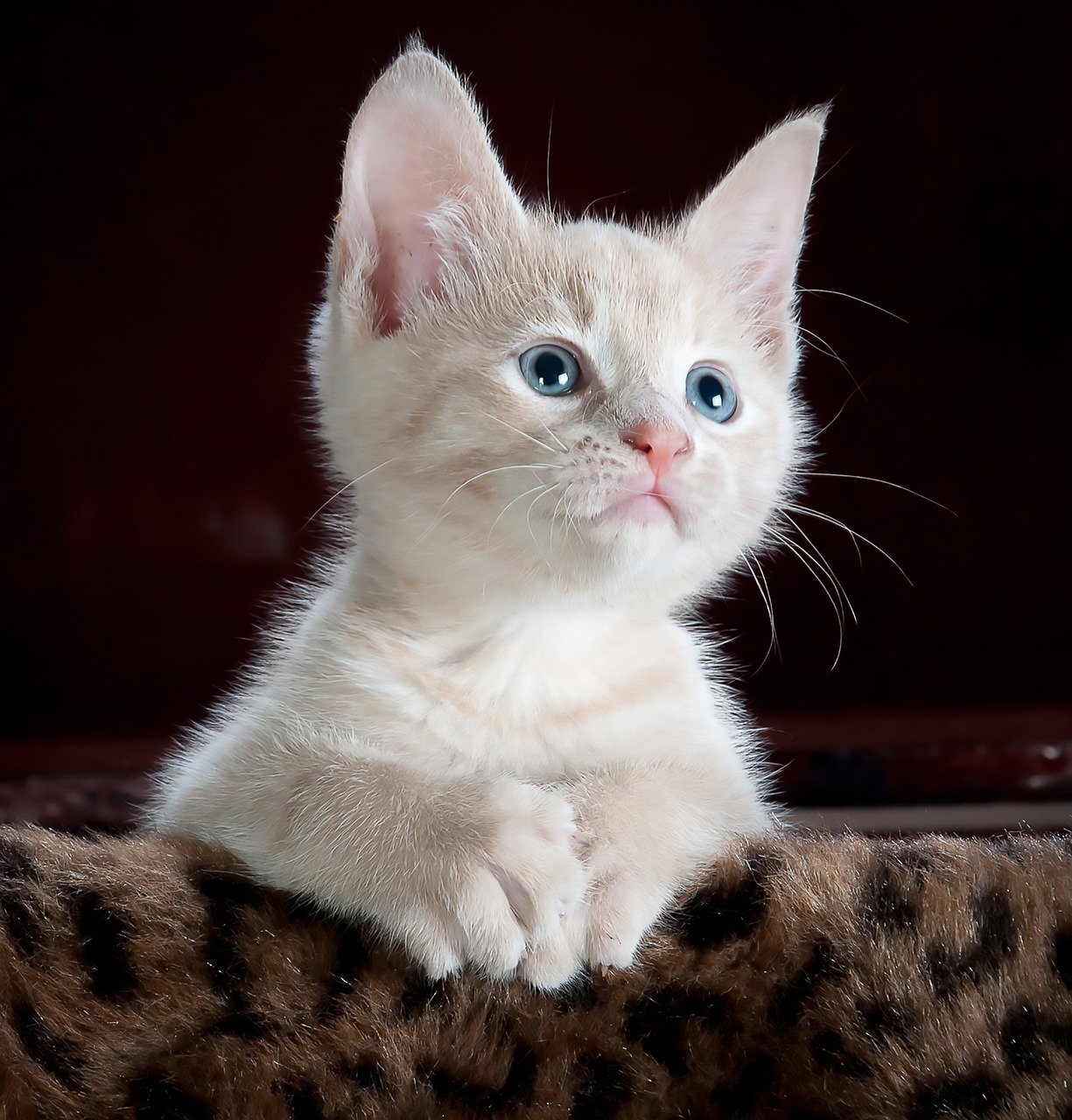
A grieving cat may benefit from having a designated safe space where they can retreat and feel secure. This could be a cozy bed in a quiet corner of your home, away from the hustle and bustle. Providing a space with familiar scents and items, such as their favorite blanket or toy, can help comfort them. This safe haven allows them to process their emotions at their own pace.
Encouraging Play and Exercise
Engaging your cat in play can be a powerful way to lift their spirits. Play stimulates their mind and body, helping to distract them from their grief. Interactive toys, such as feather wands or laser pointers, can entice them to move and play. Exercise releases endorphins, which can naturally improve their mood. While it might take some encouragement, gradually reintroducing play can be beneficial.
Monitoring Appetite Changes
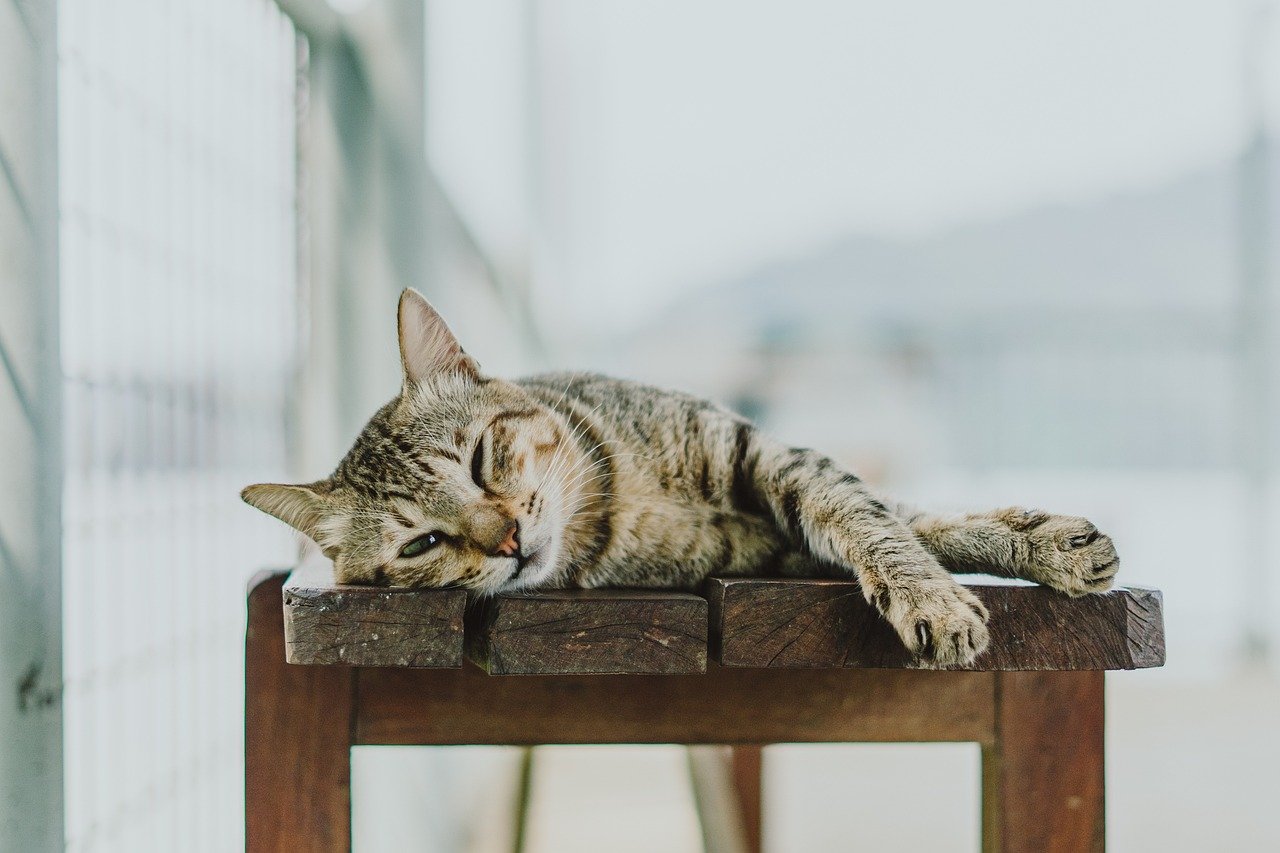
Grieving cats may exhibit changes in their eating habits, either eating less or more than usual. A loss of appetite is a common sign of distress, so it’s crucial to monitor their food intake. If your cat refuses to eat for more than a couple of days, consult with a veterinarian. On the other hand, some cats may overeat as a coping mechanism. Maintaining a balanced diet is essential for their overall health.
The Role of Environmental Enrichment

Enhancing your cat’s environment can offer mental stimulation and help alleviate feelings of sadness. Introducing new toys, scratching posts, or climbing structures can provide a distraction and encourage exploration. Environmental enrichment can reignite their curiosity and offer a sense of purpose, which is particularly beneficial during times of grief.
Understanding Vocal Changes

A grieving cat might become more vocal, expressing their emotions through increased meowing or yowling. This vocalization is their way of communicating distress or seeking attention. It’s important to respond to these vocal cues with patience and understanding. Offering reassurance through a calm voice or gentle touch can help soothe their anxiety.
Keeping an Eye on Grooming Habits
Changes in grooming habits can be a sign of a grieving cat. Some cats may over-groom as a way to self-soothe, while others might neglect their grooming altogether. Observing these changes can provide insight into their emotional state. Encouraging grooming through gentle brushing can help maintain their coat and offer comfort.
Seeking Veterinary Advice
If you’re concerned about your cat’s behavior or health during their grieving process, seeking veterinary advice is always a wise step. A veterinarian can rule out any underlying health issues that might be contributing to their distress. They can also offer guidance on how to best support your cat and may suggest interventions if necessary.
Introducing New Companions
In some cases, introducing a new companion can help alleviate a cat’s grief. However, this decision should be made with careful consideration of your cat’s personality and readiness. A gradual introduction is key, allowing your cat to adjust to the presence of a new pet at their own pace. It’s important to ensure that the new companion is compatible with your grieving cat to prevent additional stress.
The Healing Power of Time
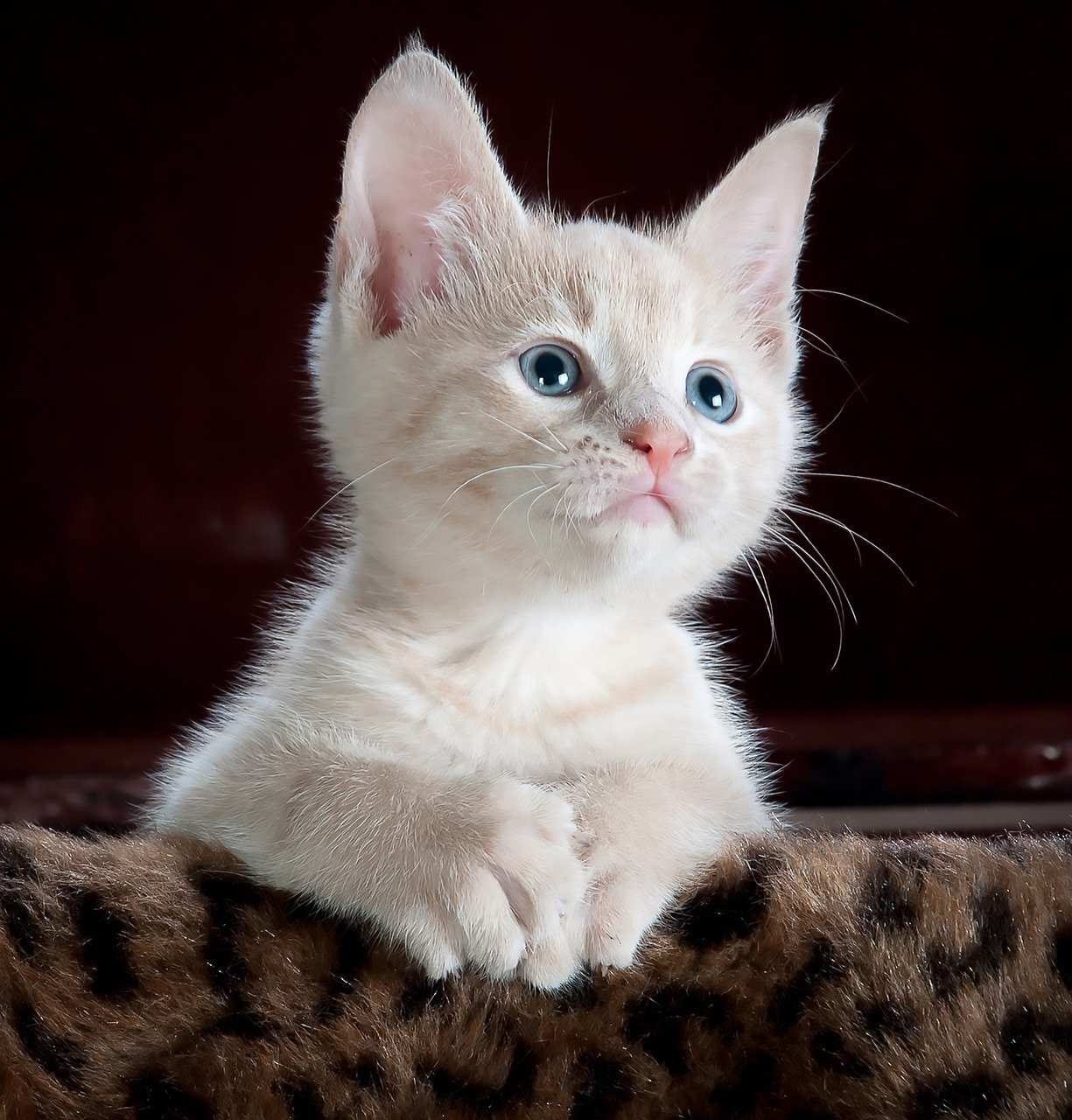
Time is a critical component in the healing process for a grieving cat. Just like humans, cats need time to adjust to their loss and find a new sense of normalcy. Patience is essential, as rushing the process can hinder their emotional recovery. Offering consistent support and understanding can make the transition smoother.
Encouraging Social Interaction
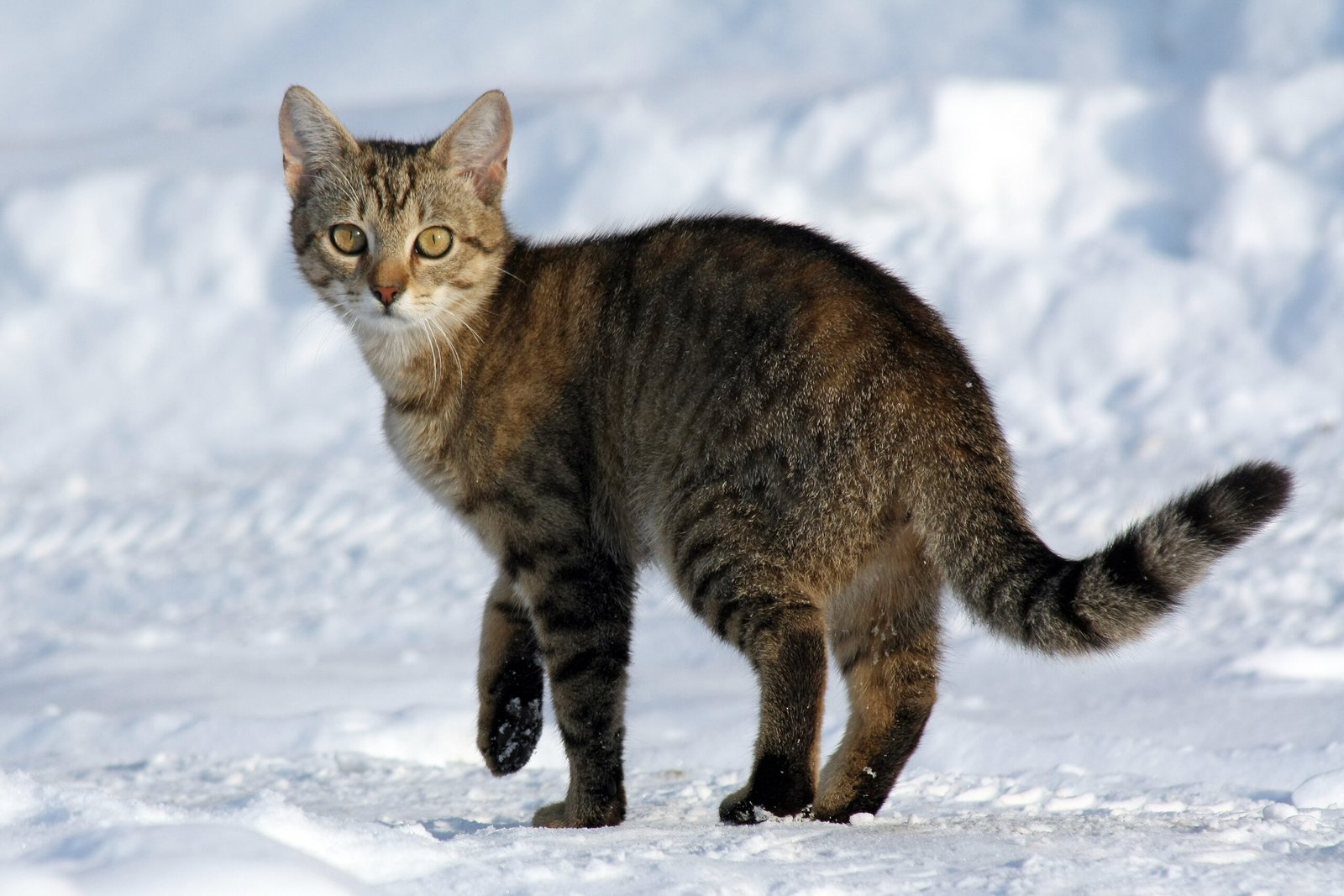
While some cats may become more reclusive during their grieving period, encouraging social interaction can be beneficial. Inviting friends or family members who your cat is comfortable with can provide additional comfort and distraction. Positive social interactions can help lift their spirits and remind them of the love and support around them.
Using Calming Products
Calming products, such as pheromone diffusers or calming sprays, can create a more relaxed environment for your grieving cat. These products mimic natural cat pheromones, promoting a sense of calm and security. They can be particularly helpful if your cat is experiencing heightened anxiety or stress during their grieving process.
The Importance of Patience
Patience is perhaps the most crucial aspect of supporting a grieving cat. Every cat grieves differently, and there is no set timeline for their emotional recovery. Being patient and understanding allows your cat to process their emotions at their own pace. Your unwavering support can provide the foundation they need to heal.
Offering Reassurance through Voice
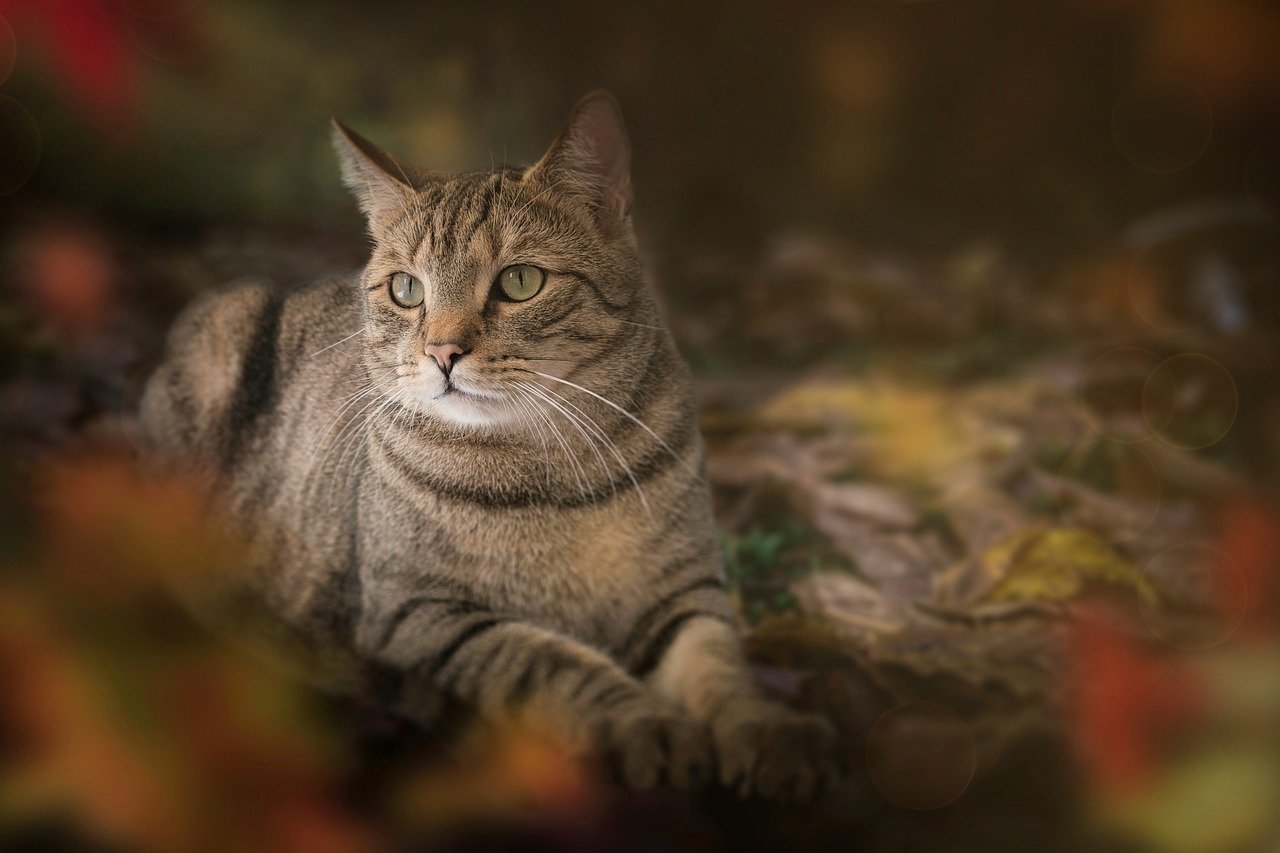
Your voice can be a powerful tool in comforting a grieving cat. Speaking to them in a calm, soothing tone can provide reassurance and help them feel safe. Regularly talking to your cat, even if they don’t respond, reinforces your presence and support. It’s a simple yet effective way to connect with them emotionally.
Recognizing the Value of Routine Check-Ins
Regularly checking in with your cat, both physically and emotionally, can help you gauge their progress. Observing their behavior, appetite, and overall demeanor can provide valuable insights into their emotional state. These check-ins ensure that you’re aware of any changes and can adjust your support as needed.
Embracing the Power of Music
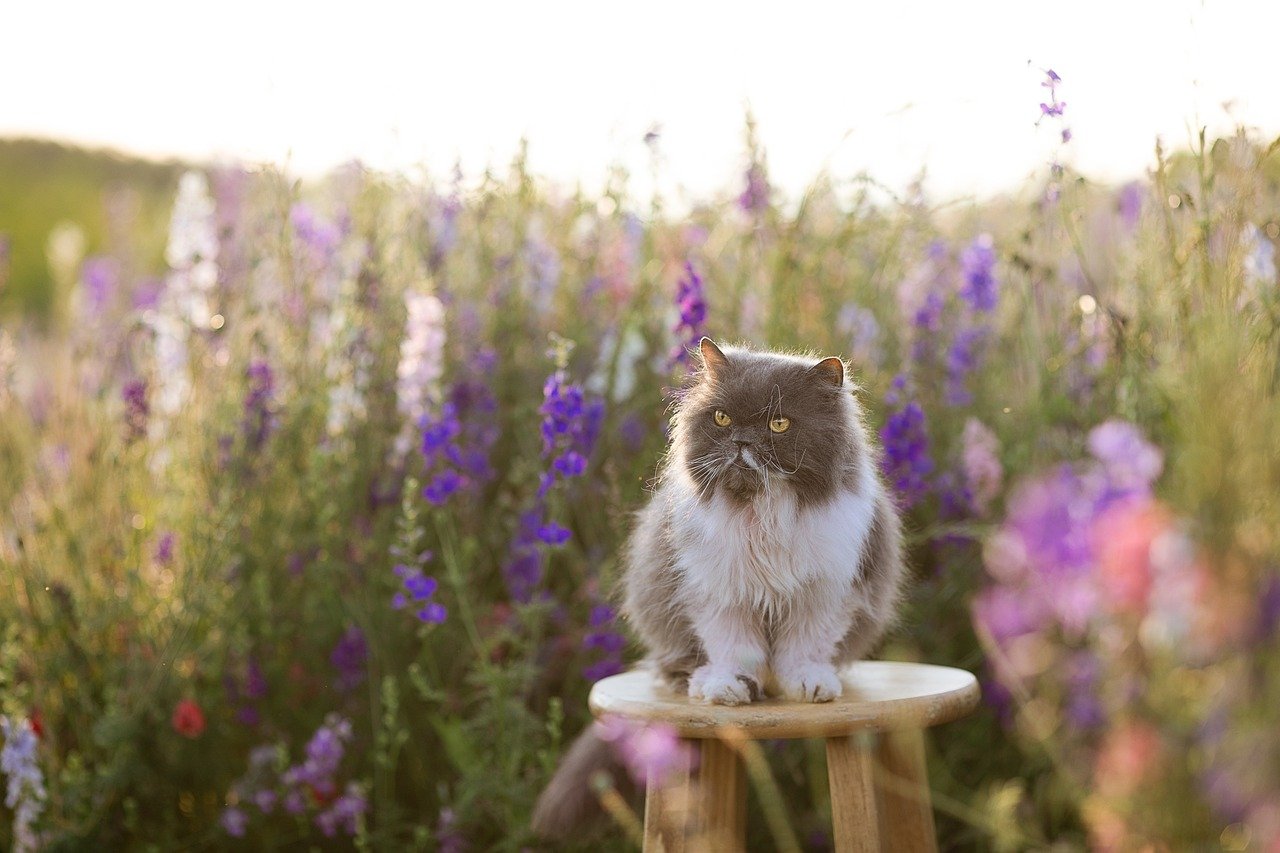
Music can have a calming effect on cats, just as it does for humans. Playing soft, soothing music in your home can create a tranquil atmosphere that promotes relaxation. Some studies suggest that classical music, in particular, can have a positive impact on a cat’s mood. Experiment with different genres to see what resonates with your cat.
Celebrating Small Victories
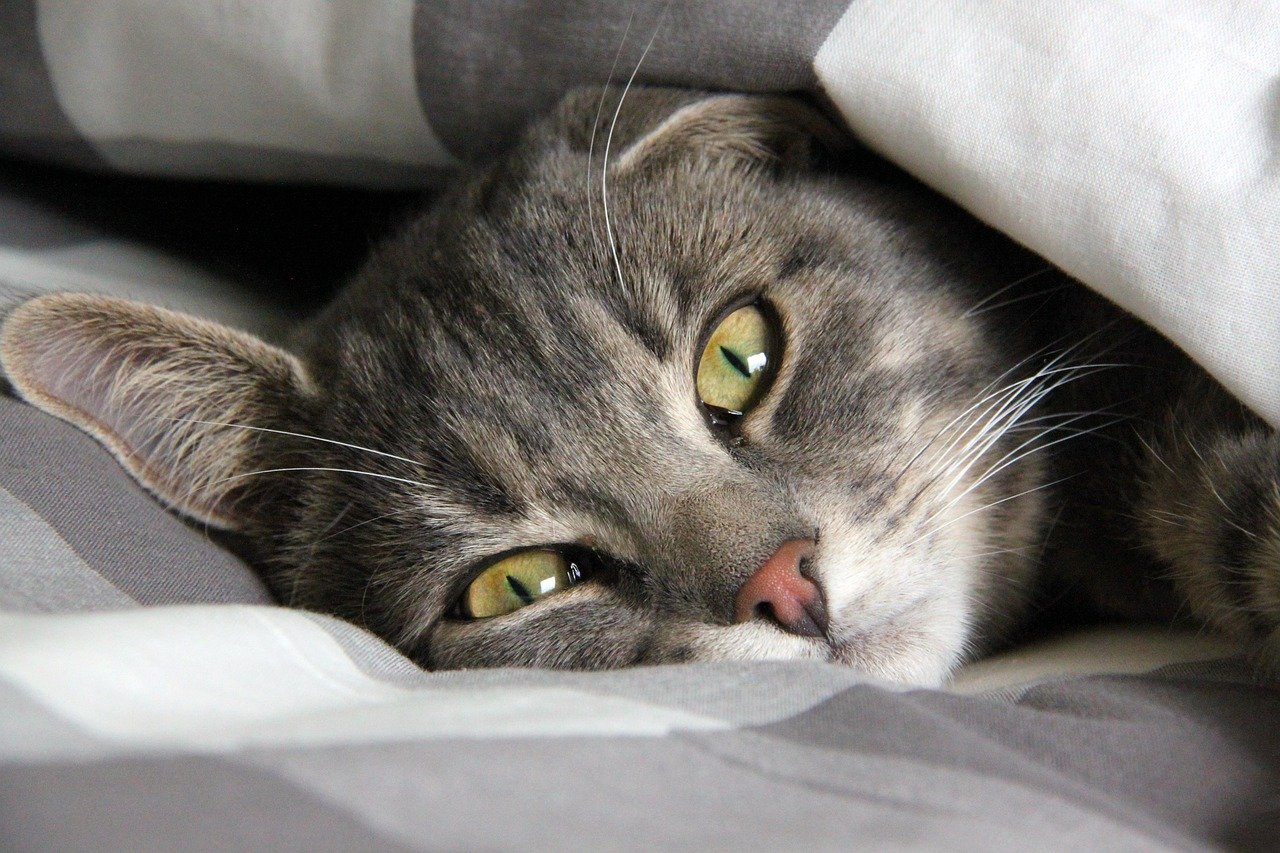
As your cat progresses through their grieving journey, it’s important to celebrate small victories. Whether it’s a return to their usual eating habits or showing interest in play, acknowledging these milestones reinforces their progress. Celebrating these moments strengthens your bond and provides encouragement for continued healing.
The Lasting Impact of Love and Support
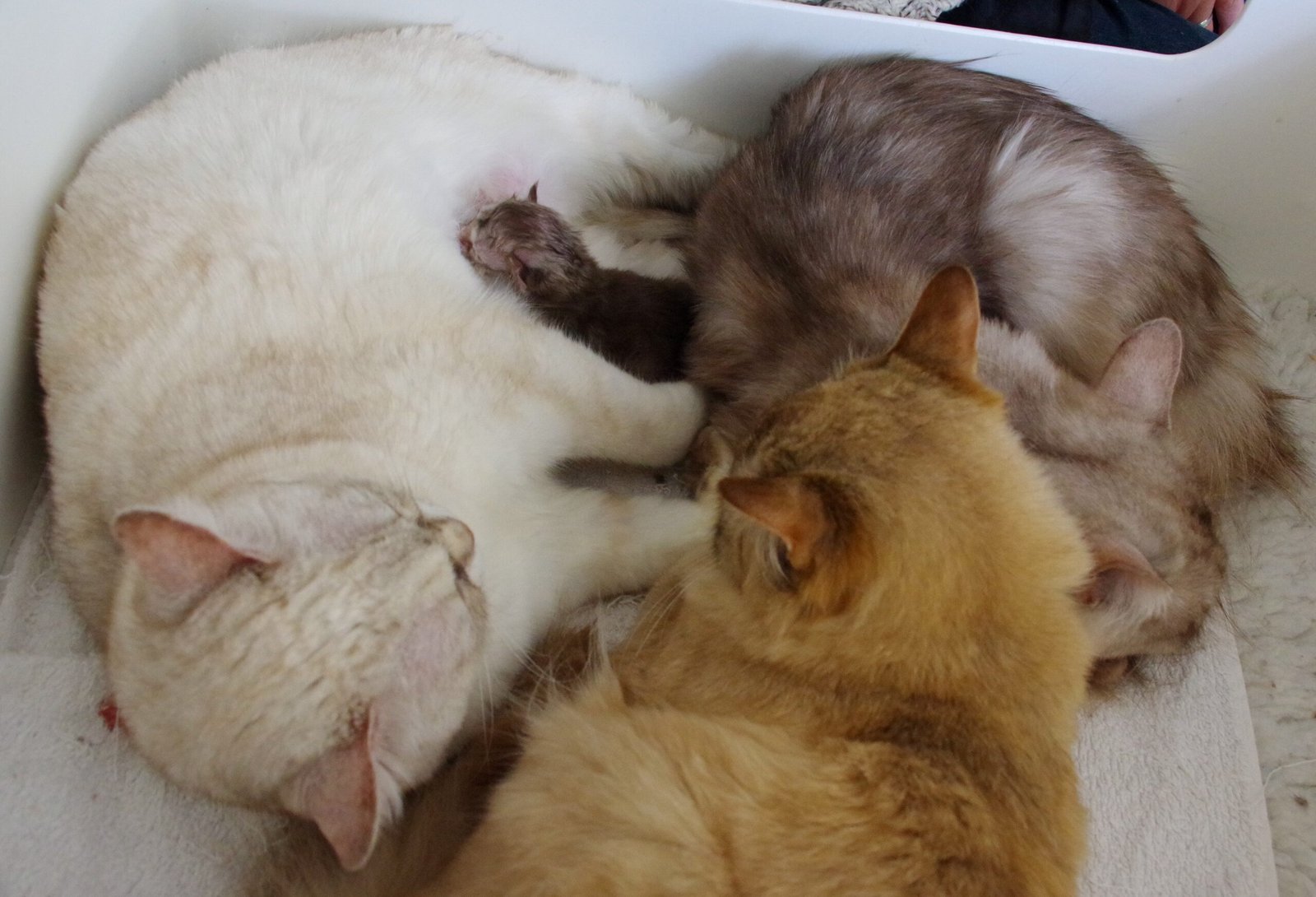
Ultimately, your love and support are the most powerful tools in helping a grieving cat heal. Providing a nurturing environment, understanding their needs, and being there for them emotionally can make a significant difference. Cats may not express their gratitude in words, but their trust and affection speak volumes. Your commitment to their well-being is a testament to the bond you share.
In the end, grieving is a natural part of life, and it’s something even our feline friends experience. By being attentive, patient, and loving, you can help your cat navigate their grief and emerge stronger on the other side. So, what steps will you take to support your grieving cat today?
Hi, I’m Bola, a passionate writer and creative strategist with a knack for crafting compelling content that educates, inspires, and connects. Over the years, I’ve honed my skills across various writing fields, including content creation, copywriting, online course development, and video scriptwriting.
When I’m not at my desk, you’ll find me exploring new ideas, reading books, or brainstorming creative ways to solve challenges. I believe that words have the power to transform, and I’m here to help you leverage that power for success.
Thanks for stopping by, Keep coming to this website to checkout new articles form me. You’d always love it!






